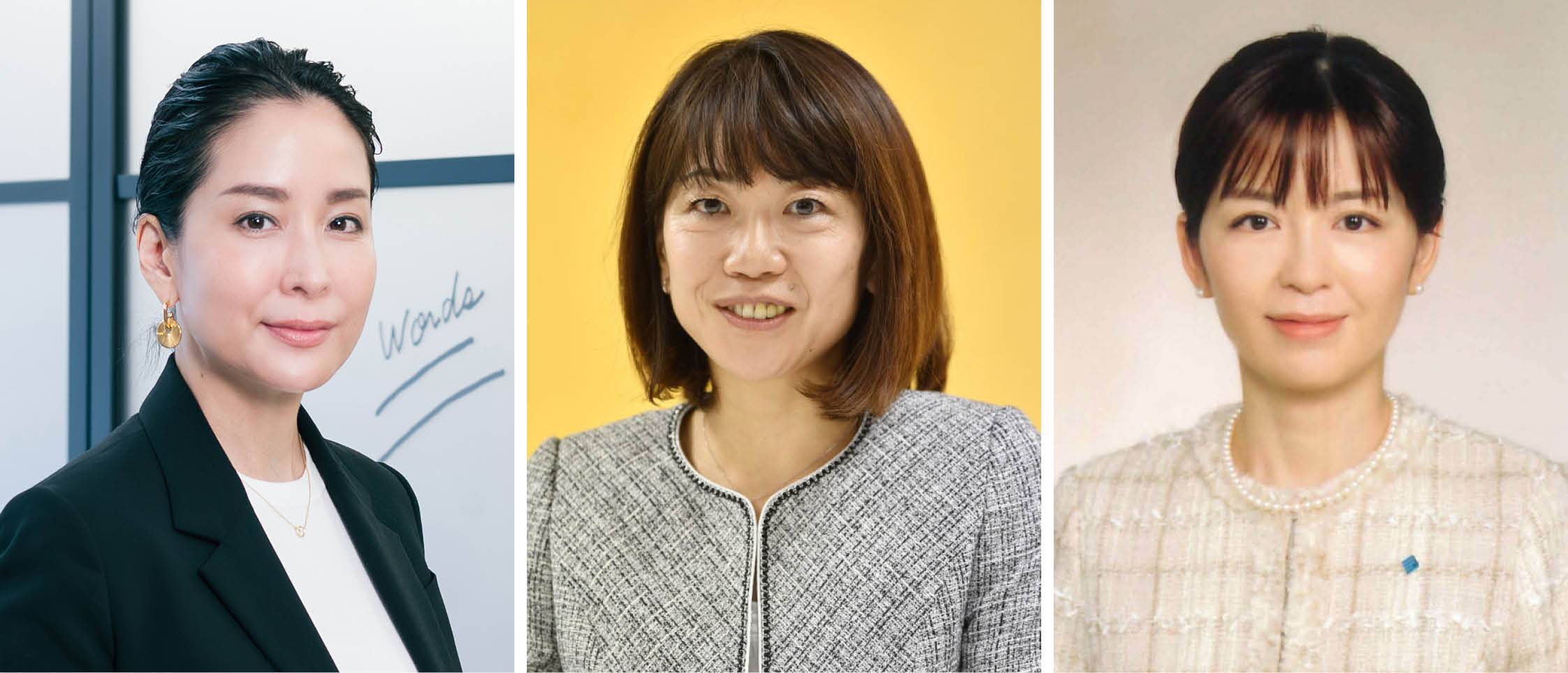Japanese companies are tapping female celebrities to add fresh faces to their corporate lineup as the administration of Prime Minister Fumio Kishida and investors alike push for diversity in boardrooms.
Last month — during peak season for annual shareholders meetings in Japan — the shareholders of major automaker Suzuki Motor approved the appointment of Naoko Takahashi, gold medalist of the 2000 Sydney Olympic women's marathon, as an outside director. Meanwhile, Minako Nakano, a former anchorperson at Fuji TV, became an outside director at Yondenko, a Kagawa-based power infrastructure construction firm.
Another former Fuji TV anchorperson, Kyoko Uchida, joined the board of Kids Smile Holdings, becoming an outside director of the Tokyo-based day care center operator.


















With your current subscription plan you can comment on stories. However, before writing your first comment, please create a display name in the Profile section of your subscriber account page.